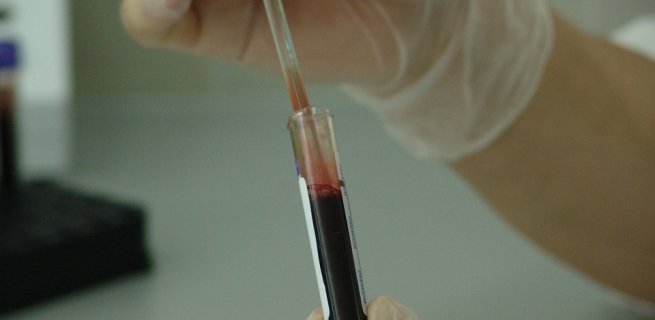In the 1980s, the practice of ‘verballing’ amongst police was rife and contributed towards wrongful convictions. ‘Verballing’ was a term used to describe a process where police officers either orally or in writing, would fabricate the confessions of suspects. These fake admissions were portrayed as convincing evidence in court, often very successfully.
Now, with police interviews electronically recorded there is less danger of verballing and the notoriety of the practice has receded. The Police Code of Practice for CRIME states that police officers should not conduct any lengthy preliminary interviews, before a formal, electronically recorded interview.
But this is just one area in which the evidence of police may be called into question. Forensic evidence, an area of growing significance in criminal cases, may not always be as reliable as it seems either.
Perhaps the best example was that of the Chamberlain case. After a substance found in the family car was deemed blood and a bloody hand print found on the baby’s jumpsuit, Lindy Chamberlain was convicted of murdering her own baby daughter. Her husband was found guilty of being an accessory to the murder.
Only much later did the truth come out – the supposed ‘blood’ in the car was not actually fully tested by the forensic biologist on the case – it was just presumed to be blood due to a positive reaction to the presence of copper oxide.
And the bloody handprint on baby Azaria’s jumpsuit? The forensic expert hired by the police admitted that it was never tested – he just assumed it was blood.
This shocking miscarriage of justice demonstrates how devastating unreliable evidence can be.
Of course on a smaller scale too, mistakes and slip-ups can occur. Police have been known to send forensic tests of sample swabs to defence law firms –a big mistake as the integrity of the evidence is tarnished, if it cannot be accounted for at all times.
Evidence such as a forensic test of a swab which passes through many hands can become unreliable as the identity of the swab becomes open to question.
Obviously the implications of unreliable evidence are significant – they have the potential to change the outcome of your case.
Fortunately, according to the Evidence Act, unreliable evidence, or evidence that has been improperly obtained, can be prevented from affecting your trial. If certain evidence is deemed inadmissible, it will not be allowed to form any of the evidence against you that a judge or jury can consider when deciding your case.
Successfully challenging and identifying any such evidence may be tricky on your own.
There is no special rule for judges to ‘go easy’ on unrepresented defendants, and while a judge can give some assistance to ensure a fair hearing, they can’t and won’t give assistance in any way that would conflict with their role as an impartial adjudicator.
If you have a serious matter before the courts, getting help as soon as possible from an experienced criminal lawyer is the best way to ensure that no unreliable evidence is used against you unfairly.
A good lawyer will be able to successfully challenge police evidence that is unreliable or has been obtained illegally. They can get evidence thrown out in court. Or even better, may be able to get charges dropped before you even have to step foot into a courtroom, using what is known as representations.
Representations are detailed letters written to the police prosecutors, outlining the problems in the prosecution case, including problems with evidence. They are often very successful at either getting charges dropped altogether, to change the ‘facts’ or to reduce the charges.
Police evidence is not foolproof, and neither is it immune from challenge, so if you have a case against you in a NSW court, it may be a good idea to speak to a lawyer about the holes in the prosecutions case against you.











